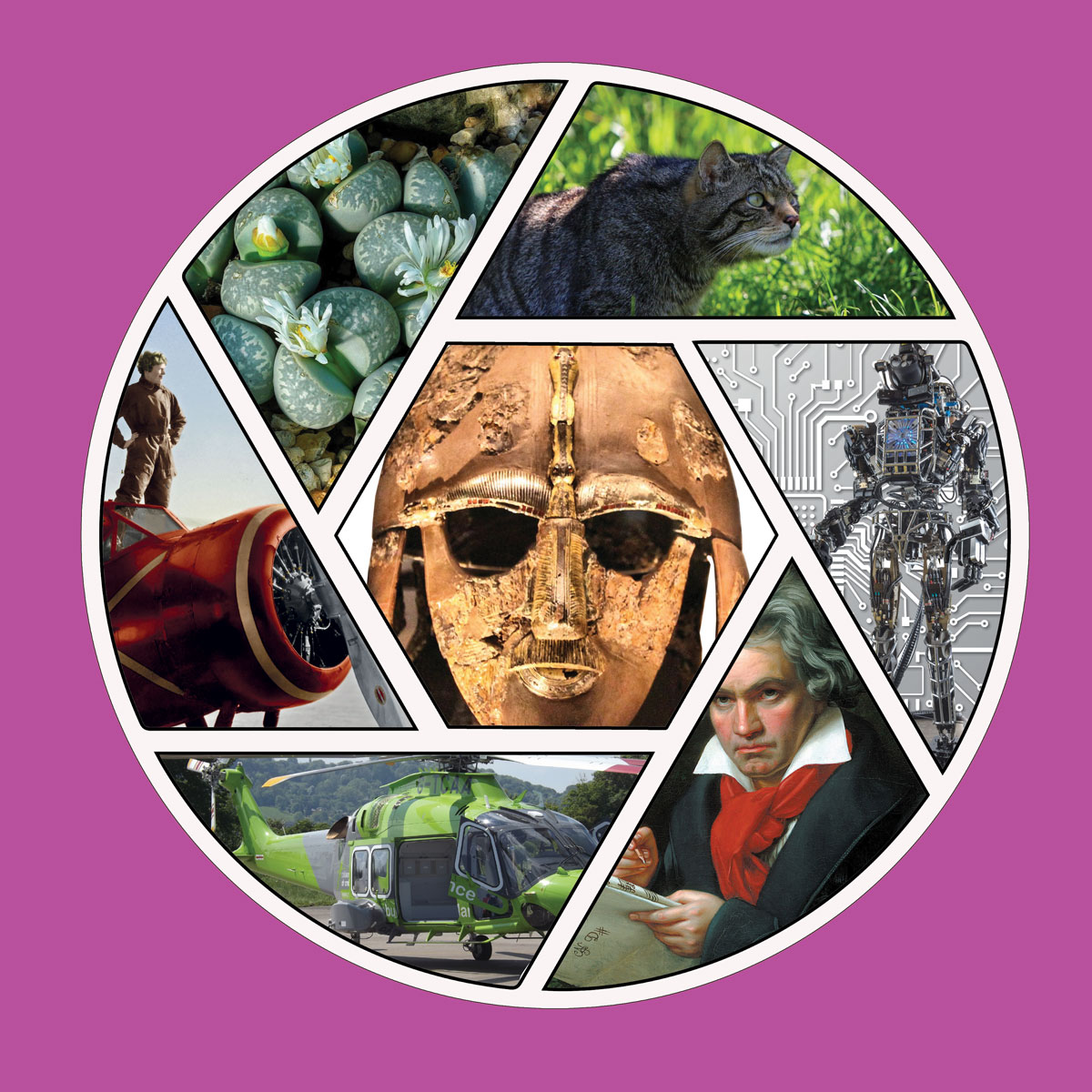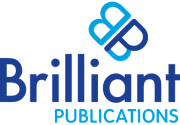The value of being real

What is the single most effective way of developing comprehension skills in Key Stage 2?
There is something rather special about non-fiction literature, in that while it is just as able to grab and keep the young reader’s interest as works of fiction, short passages of information can be complete in themselves, and thus not leave the child feeling that she or he will have to go on reading more and more.
There is also the fact that children can become engaged with non-fiction without feeling that they have to remember all that has gone before: non-fiction articles really can be completely stand alone pieces of work read for pleasure, nothing more.
At the same time, reading and assimilating the information provided in non-fiction helps give the children the background they need as they start the process of becoming both independent readers and independent members of society.
But perhaps most of all, reading non-fiction does help children understand the essence of the difference between the two types of literature, something that is not always clear to children from homes with few books and little interest in the news.
Thus, in using non-fiction, children can learn interesting facts about the world in which they live and develop their reading skills in a most productive way while at the same time improving their literacy skills.
The Developing Reading Comprehension Skills series of books contains high quality authentic fiction extracts or non-fiction passages.
The worksheets link to the Reading Domain question types and are perfect preparation for developing reading strategies as children move through Key Stage 2. The resources will also introduce children to the skills needed for the KS2 SATs and 11+ Reading Comprehension papers.
Read some of the articles from the series.
